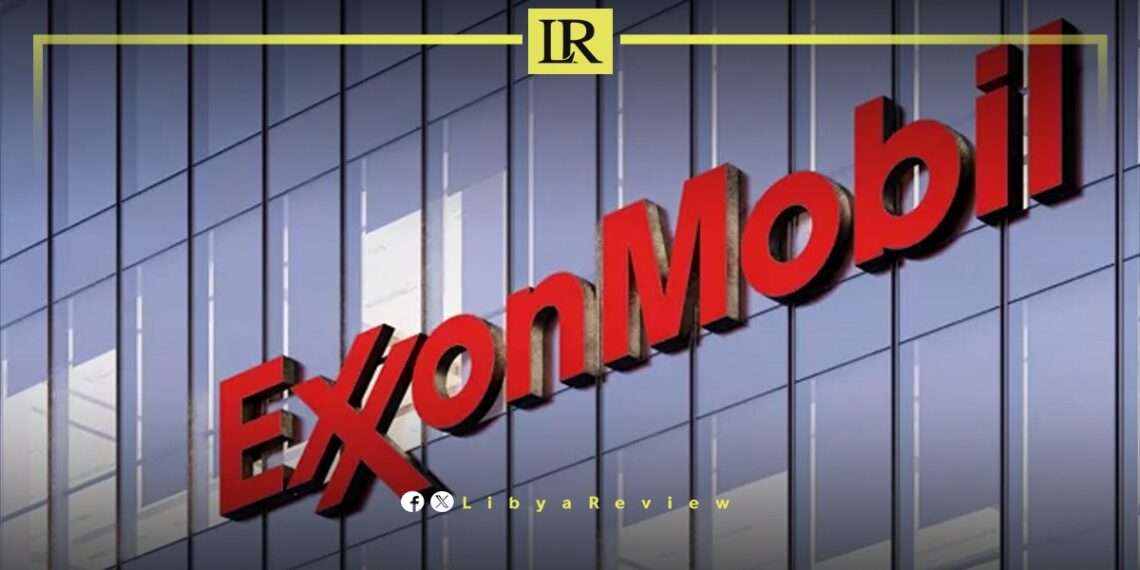The National Oil Corporation (NOC) of Libya signed a Memorandum of Understanding (MoU) with U.S. oil titan ExxonMobil, resuming cooperation after a decade of inactivity in Libya’s offshore sector.
The agreement outlines detailed geological and geophysical studies across four offshore blocks off Libya’s northwest coast and in the Sirte Basin, aiming to identify potential hydrocarbon reserves.
ExxonMobil withdrew in 2013 amid escalating instability and insufficient investment incentives; the MoU signals renewed confidence in Libya’s improved security conditions.
This development is part of a wider revival in Libya’s oil sector, with other majors like BP, Shell, Eni, OMV, and Repsol having recently signed exploration agreements with NOC.
ExxonMobil’s return underscores Libya’s potential to attract global energy partners after sustained instability.
The intended exploration aligns with NOC’s broader aim to boost output—currently around 1.4 million barrels per day, with a long-term goal of reaching 2 million bpd.
Enhanced contractual terms and transparency reforms under Chairman Massoud Suleman aim to lure further foreign investment.
Libya has been in chaos since a NATO-backed uprising toppled longtime leader Muammar Gaddafi in 2011. The county has for years been split between rival administrations.
Libya’s economy, heavily reliant on oil, has suffered due to the ongoing conflict. The instability has led to fluctuations in oil production and prices, impacting the global oil market and Libya’s economy.
The conflict has led to a significant humanitarian crisis in Libya, with thousands of people killed, and many more displaced. Migrants and refugees using Libya as a transit point to Europe have also faced dire conditions.
The planned elections for December 2021 were delayed due to disagreements over election laws and the eligibility of certain candidates. This delay has raised concerns about the feasibility of a peaceful political transition.
Despite the ceasefire, security remains a significant concern with sporadic fighting and the presence of mercenaries and foreign fighters. The unification of the military and the removal of foreign forces are crucial challenges.


